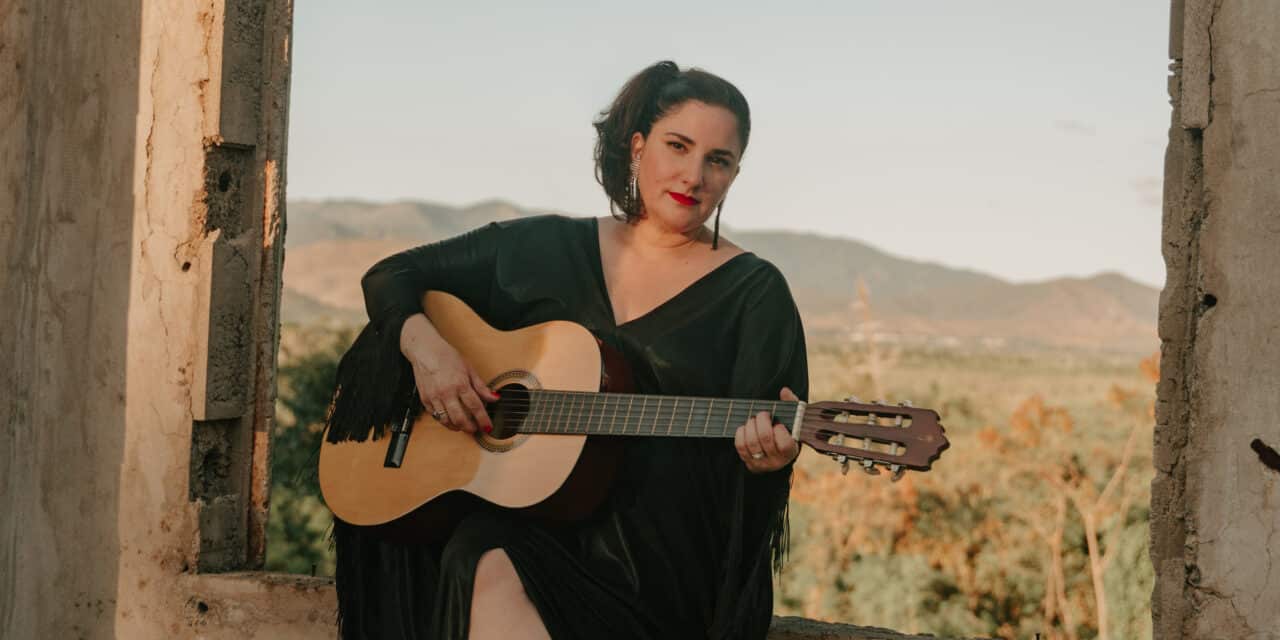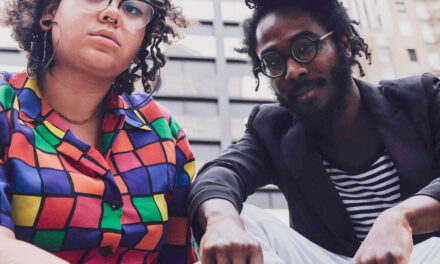Ani Cordero is a Puerto Rican singer-songwriter, drummer, and activist based in NYC who grew up navigating two different cultures: traveling between Atlanta, Georgia, and San Juan, Puerto Rico. Her new bilingual concept album, Anamores (Ana + Amores), releases June 9 via Panepen Records and is an album of radical love, embracing the wholeness of her being by drawing on her childhood. As a child, Ani felt there were three different versions of herself: The Spanish-speaking one, the English-speaking one, and the one that existed in the magical pre-language spirit space between the two – her own private place she called Aniworld.
Pre-order Anamores: https://distrokid.com/hyperfollow/anicordero/anamores
Why is childhood such a crucial theme for this record?
This record is an exercise in integrating dual selves into one, and that means going back to my childhood. My first language was Spanish, but I was educated in English and over the years I developed two distinct versions of me with different societal rules, standards, and ways of being. When I was little, I just took it as fact and would switch back and forth as needed.
As I got older, I started to realize that all these rules were social constructs and I became interested in which parts of me were the true me and which were imposed by society. Music is something I was very sure was a core part of me.
What inspired this title Anamores ?
Anamores is Ana + Amores. Ana was my grandmother who I was very close with. She passed away last year. So the title is an homage to her and also a nod that this album is about all my different loves. There are songs on platonic love, self-love, love between a child and parent, love of your ancestors, and more.
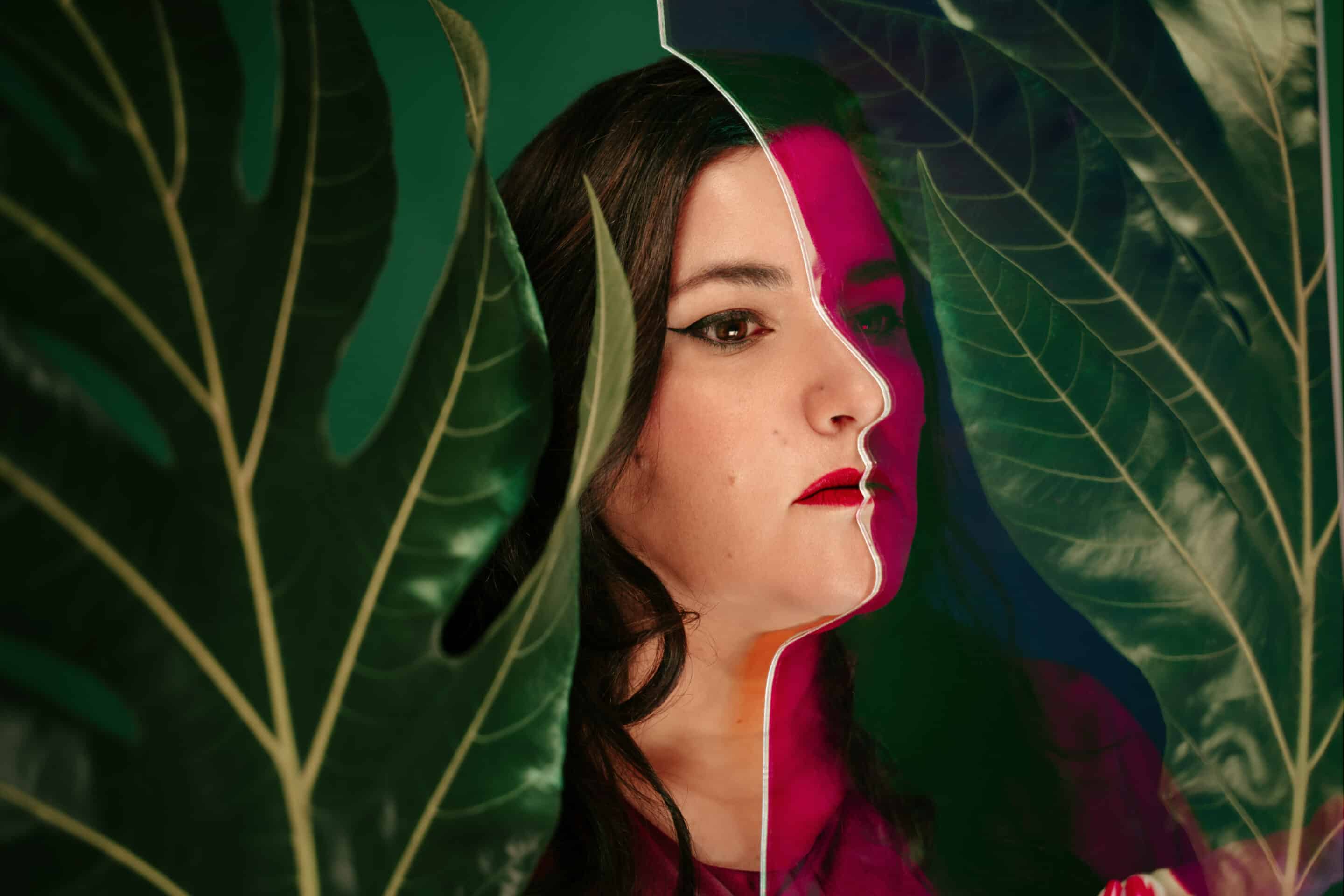
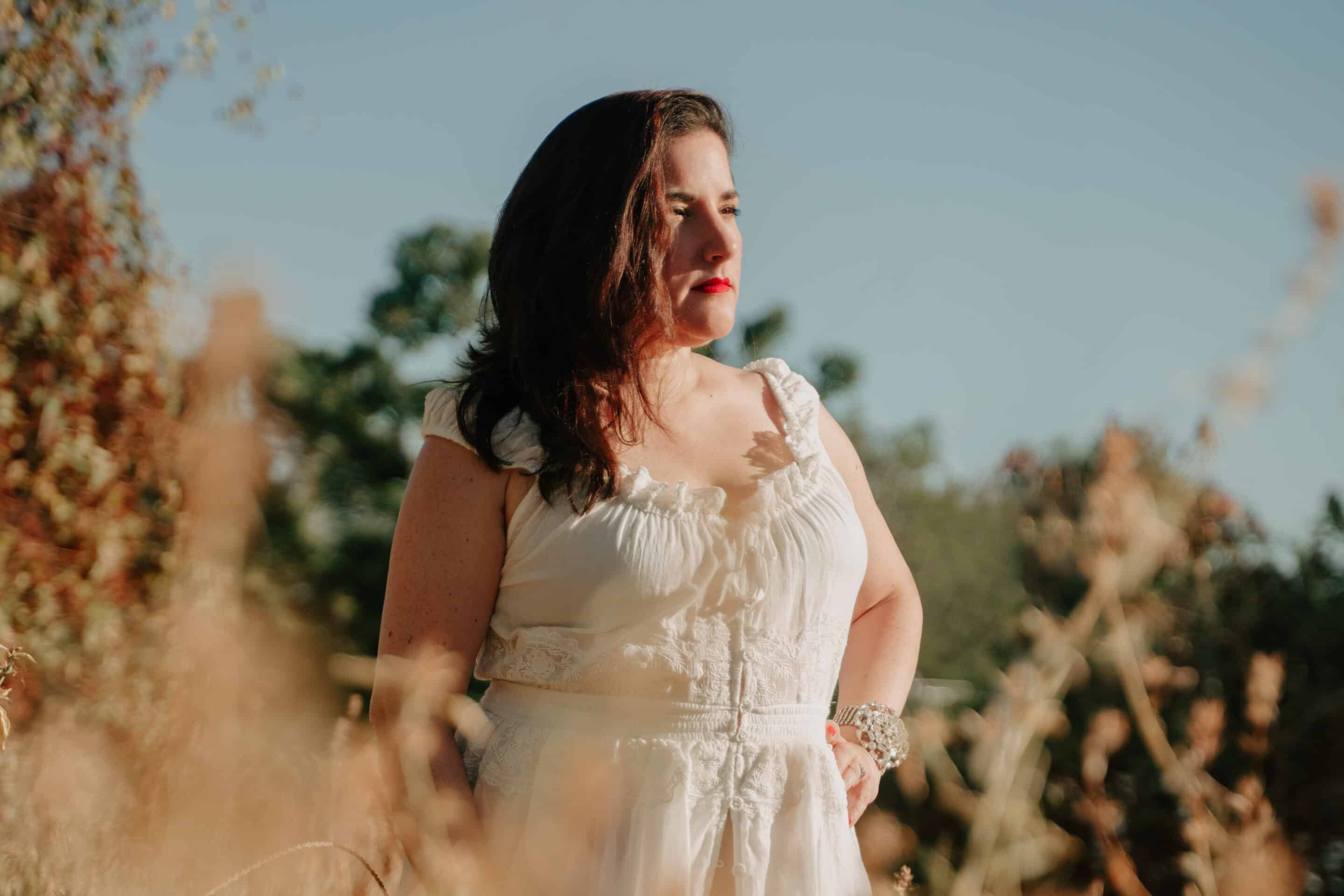
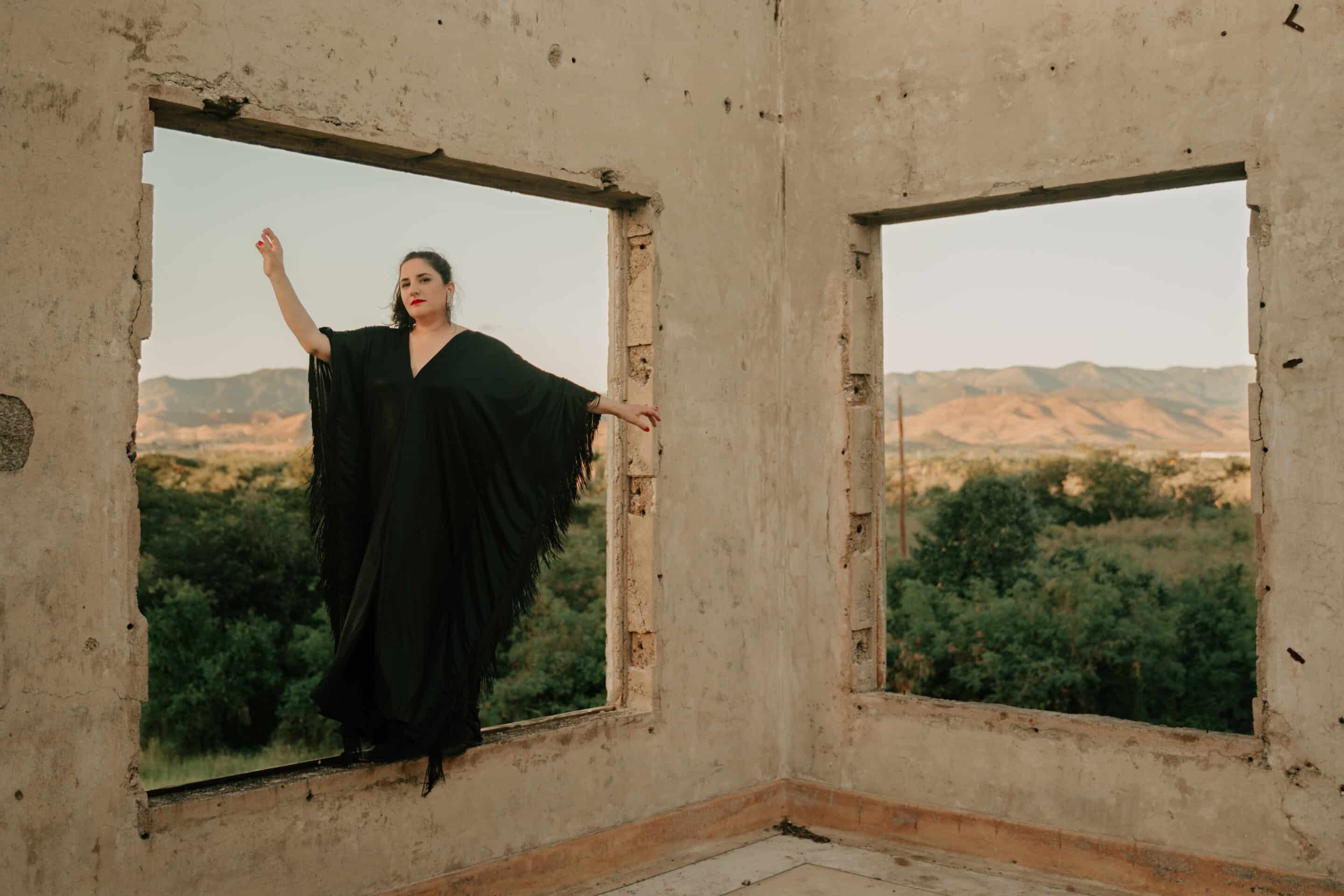
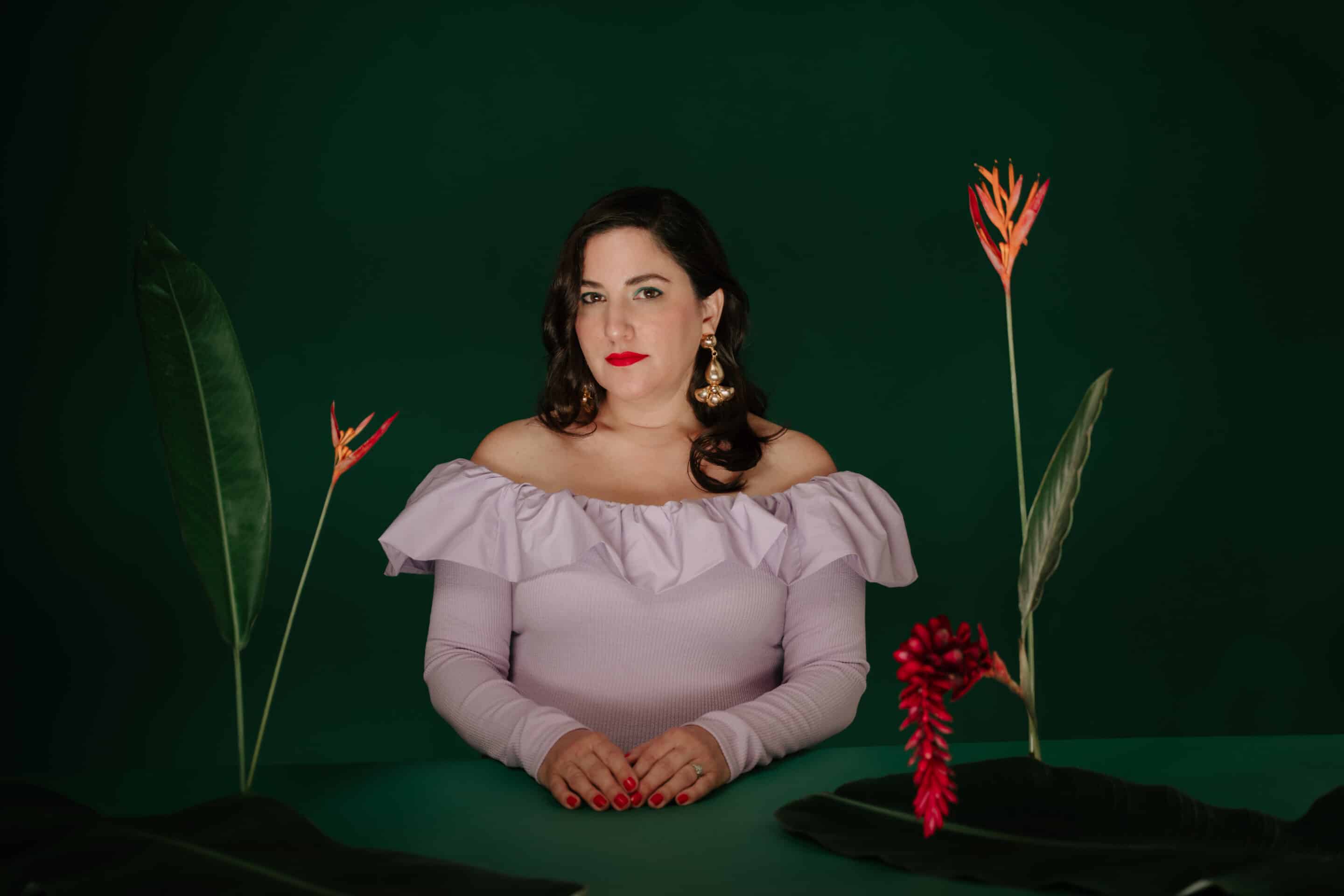
What prompted you to write this record?
Music has always been my medicine. It’s a magic elixir that makes me grateful for all experiences, even the painful ones, because they can become a song that eventually helps guide someone else through difficult feelings. I don’t really set out to write a record exactly. The songs just announce themselves and I receive them and do the work to develop them until they feel complete. In that process, I look for the messages they’re bringing me.
You have been moving around quite a bit as a child. How did each city contribute to shape your creativity?
Each place has its own sounds and influences. All the music I was exposed to in my life is part of the stew of influences that I end up referencing in my music. Salsa, Bomba, Trova, Folk, Indie Rock, Hip Hop, it’s all in there.
Meditation and introspection were focal points for your inspiration. How did they fuel your creativity?
To write songs, I need to quiet my mind and hear what’s being transmitted. It’s like tuning into a distant radio signal. Meditation is a way to bring myself into that space more quickly, and it also makes my days better in general.
Favorite or most representative track on the record and why?
It’s hard to pick a favorite, but the most representative is One Hundred Years (de un siglo a aquí). It’s the first song on the album, it’s bilingual, and it’s based around percussion and voice. Thematically it’s a promise of love and support across time to my future great great grandchildren from the perspective of being an ancestor.
You experimented a lot with different instruments, roles and vibes on this project. What inspires you and keeps you on your toes musically?
I’m always chasing the sounds that are in my head. Sometimes that means trying some weird stuff. I have a box of random percussion and noisemakers that I pull out for recordings. “Eres Tu” for example has some sound effects that are actually me noodling around on a recorder. I became the engineer of the album out of necessity and learned a whole lot. It also meant that I could spend hours experimenting. It’s fun to be in a playful space. Almost every song has layers of percussion and lots of backing vocals because drums and voice are my main instruments.

